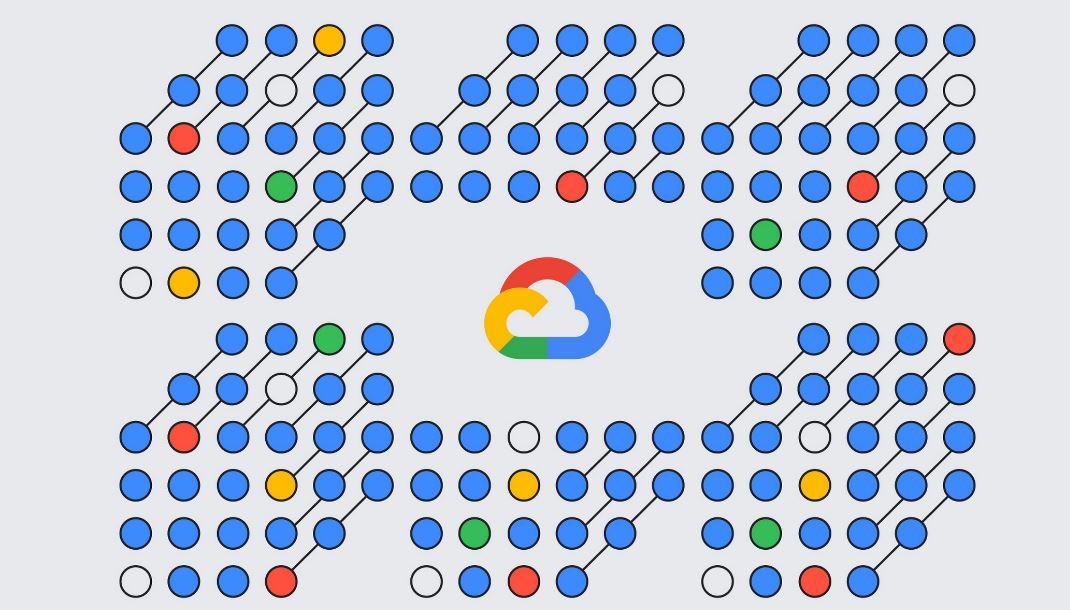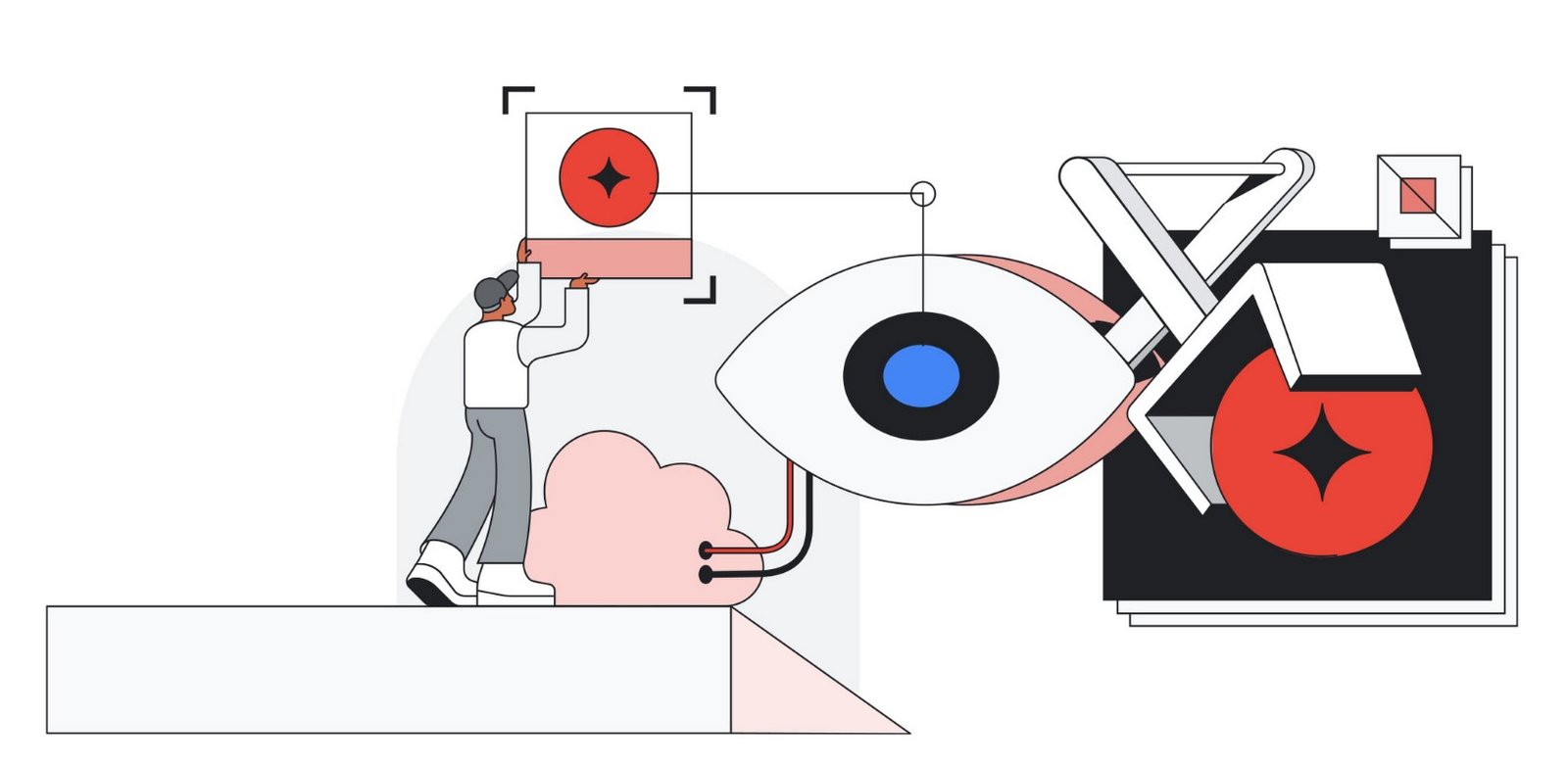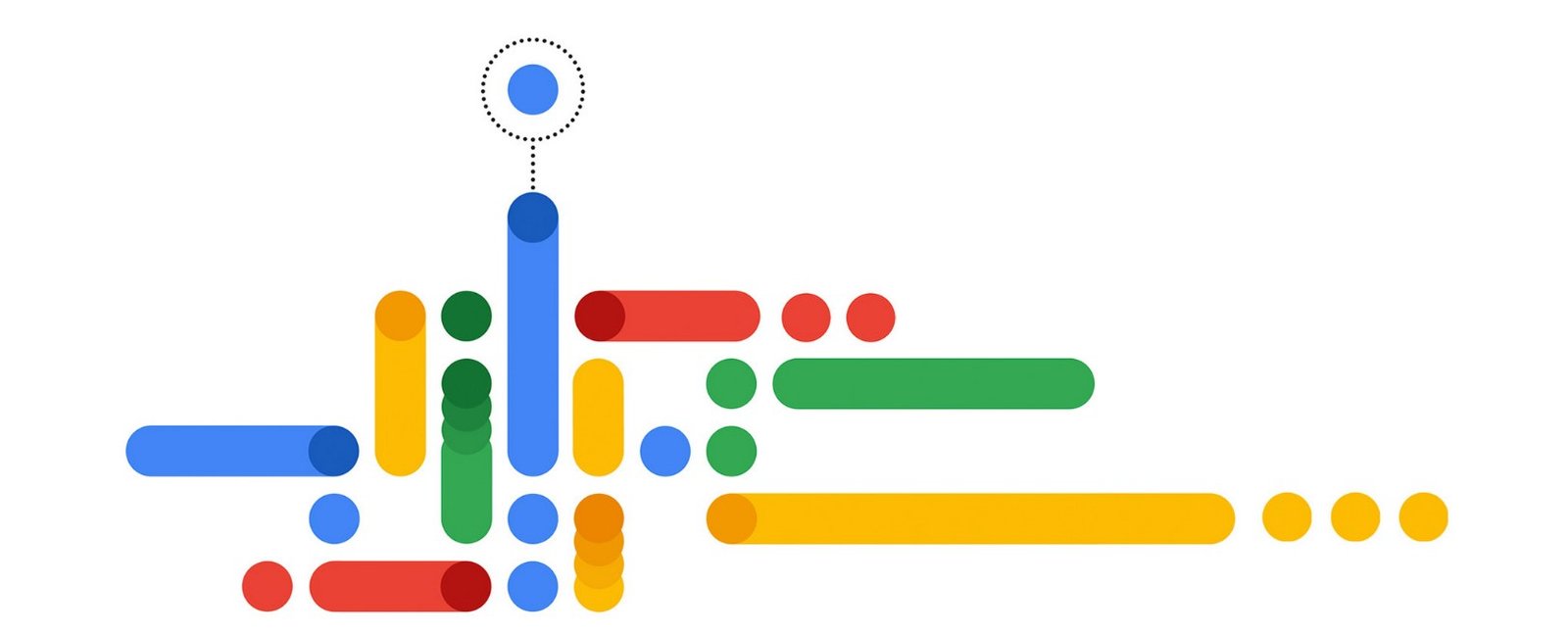
Table: Comparison of GCP and AWS
| Feature | Google Cloud Platform (GCP) | Amazon Web Services (AWS) |
|---|---|---|
| Compute Services | Compute Engine, App Engine, Cloud Functions, Kubernetes Engine | EC2, Lambda, Elastic Beanstalk, ECS, EKS, Lightsail |
| Storage Services | Cloud Storage, Cloud SQL, Cloud Spanner, Cloud Bigtable, Cloud Firestore, Cloud MemoryStore | S3, RDS, DynamoDB, Aurora, ElastiCache, Elastic File System |
| Networking | Virtual Private Cloud, Cloud Load Balancing, Cloud CDN, Cloud VPN, Cloud NAT, Cloud Armor | VPC, Elastic Load Balancing, Amazon Connect, Direct Connect, Route 53, Shield, WAF |
| Big Data and Analytics | BigQuery, Dataflow, Dataproc, Data Fusion, Cloud Data Loss Prevention, Cloud Data Catalog | Redshift, EMR, Glue, Data Pipeline, Kinesis, Lake Formation, Macie, AWS Glue DataBrew |
| Machine Learning | AI Platform, AutoML, TensorFlow, Vision API, Natural Language API, Dialogflow | SageMaker, Comprehend, Rekognition, Polly, Lex, Forecast, Personalize |
| Databases | Cloud SQL, Cloud Spanner, Cloud Bigtable, Cloud Firestore, Cloud Memorystore | RDS, DynamoDB, ElastiCache, Aurora, DocumentDB, Neptune, QLDB |
| Containers and Orchestration | Kubernetes Engine, Container Registry, Cloud Run | ECS, ECR, EKS, Fargate, App Runner |
| IoT | IoT Core, Edge TPU, Cloud IoT Device SDK | IoT Core, IoT Device Management, IoT Greengrass, IoT Analytics |
| Management and Monitoring | Cloud Console, Cloud Deployment Manager, Cloud Billing, Cloud Operations Suite | AWS Management Console, CloudFormation, AWS Organizations, CloudTrail, CloudWatch |
| Security and Compliance | Cloud IAM, Cloud KMS, Cloud HSM, Cloud Security Command Center, Cloud Identity | IAM, KMS, CloudHSM, AWS Security Hub, AWS Config, AWS Control Tower |
GCP vs AWS: A Detailed Comparison
Google Cloud Platform (GCP) and Amazon Web Services (AWS) are two of the leading cloud service providers, offering a wide range of computing, storage, networking, big data, machine learning, and management services. While both providers offer robust and reliable services, their offerings differ in several ways, making one or the other a better fit for specific use cases and organizational needs.
In terms of compute services, GCP offers Compute Engine for virtual machines, App Engine for serverless applications, Cloud Functions for event-driven computing, and Kubernetes Engine for container orchestration. AWS provides EC2 for virtual machines, Lambda for serverless computing, Elastic Beanstalk for application deployment, and ECS and EKS for container orchestration. Both providers also offer managed Kubernetes services, with GCP’s Kubernetes Engine and AWS’s EKS.
For storage services, GCP provides options like Cloud Storage for object storage, Cloud SQL for managed relational databases, and Cloud Bigtable for NoSQL databases. AWS offers S3 for object storage, RDS for managed relational databases, and DynamoDB for NoSQL databases. Additionally, AWS provides Elastic File System for managed file storage, while GCP offers Filestore for a similar purpose.
When it comes to networking, GCP offers services like Virtual Private Cloud, Cloud Load Balancing, and Cloud VPN, while AWS has comparable offerings in the form of VPC, Elastic Load Balancing, and Direct Connect
. Both providers also have content delivery network (CDN) services, with GCP’s Cloud CDN and AWS’s CloudFront. In terms of security, GCP provides Cloud Armor for DDoS protection and WAF capabilities, whereas AWS offers Shield and WAF for similar purposes.
For big data and analytics, GCP’s BigQuery, Dataflow, and Dataproc offer powerful solutions for data warehousing, data processing, and managed Hadoop and Spark clusters. AWS counters with Redshift, EMR, and Glue, which provide similar functionality. Both providers also offer data cataloging services, with GCP’s Cloud Data Catalog and AWS’s Glue Data Catalog.
In the machine learning space, GCP’s AI Platform, AutoML, and TensorFlow allow users to build custom models, while pre-trained models are available through Vision API, Natural Language API, and Dialogflow. AWS offers SageMaker for custom model development, and pre-trained models through services like Comprehend, Rekognition, Polly, and Lex.
Regarding databases, GCP offers Cloud SQL, Cloud Spanner, Cloud Bigtable, Cloud Firestore, and Cloud Memorystore, catering to various relational and NoSQL database needs. AWS provides RDS, DynamoDB, ElastiCache, Aurora, DocumentDB, Neptune, and QLDB for similar use cases.
In the realm of containers and orchestration, GCP offers Kubernetes Engine, Container Registry, and Cloud Run, while AWS provides ECS, ECR, EKS, Fargate, and App Runner as comparable services.
For IoT solutions, GCP provides IoT Core, Edge TPU, and Cloud IoT Device SDK, while AWS offers IoT Core, IoT Device Management, IoT Greengrass, and IoT Analytics.
When it comes to management and monitoring, GCP’s Cloud Console, Cloud Deployment Manager, Cloud Billing, and Cloud Operations Suite allow users to manage and monitor their infrastructure. AWS offers the AWS Management Console, CloudFormation, AWS Organizations, CloudTrail, and CloudWatch for similar purposes.
Finally, in terms of security and compliance, both providers offer robust solutions. GCP provides Cloud IAM, Cloud KMS, Cloud HSM, Cloud Security Command Center, and Cloud Identity, while AWS offers IAM, KMS, CloudHSM, AWS Security Hub, AWS Config, and AWS Control Tower.
In conclusion, both GCP and AWS are powerful cloud service providers with a wide range of offerings. While GCP is known for its user-friendly interface, strong machine learning capabilities, and seamless integration with other Google services, AWS boasts a more extensive service catalog, a larger global infrastructure, and a longer track record in the cloud market. The choice between GCP and AWS ultimately depends on an organization’s specific needs, requirements, and existing investments in cloud infrastructure.





Leave a Reply